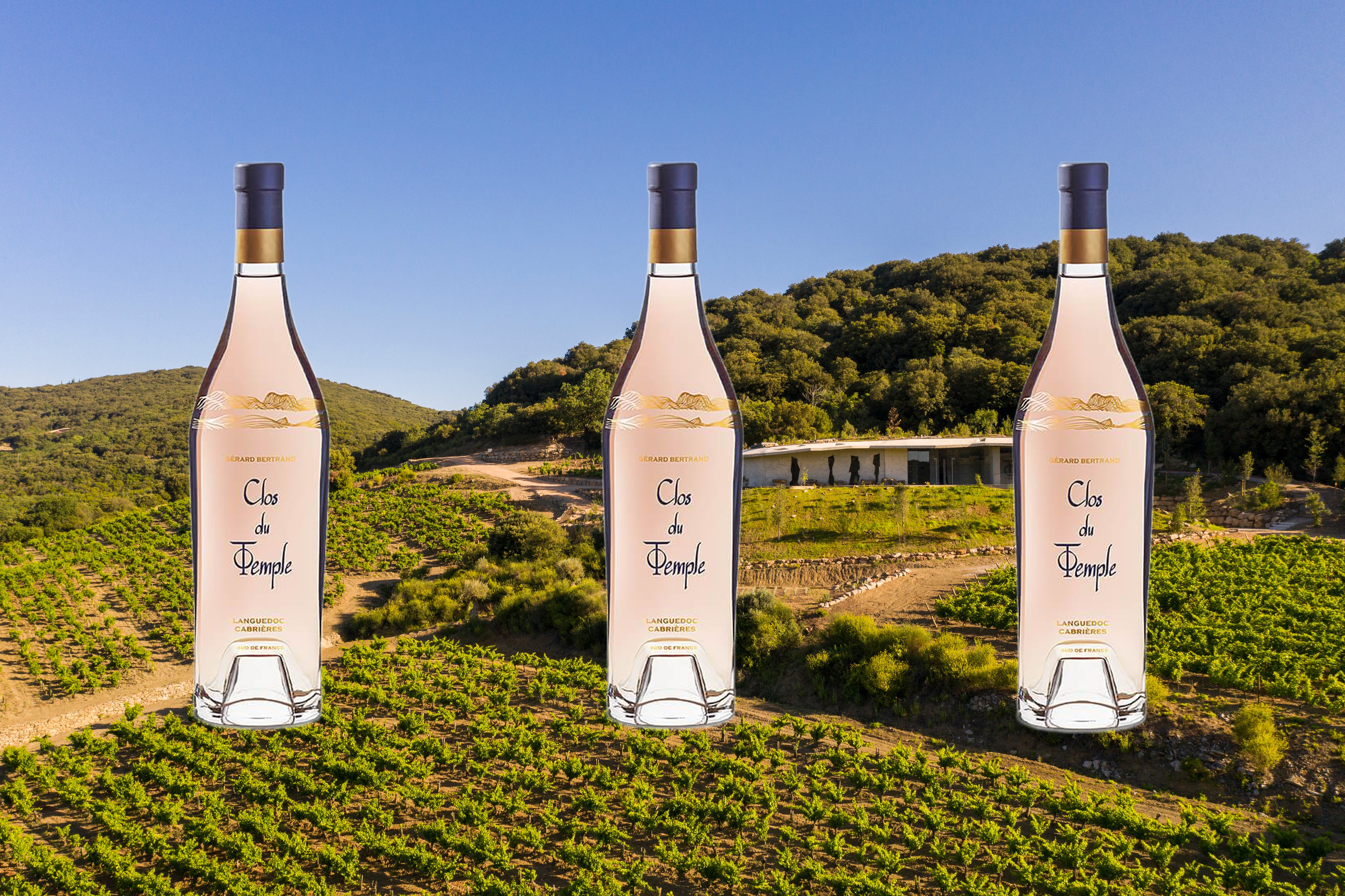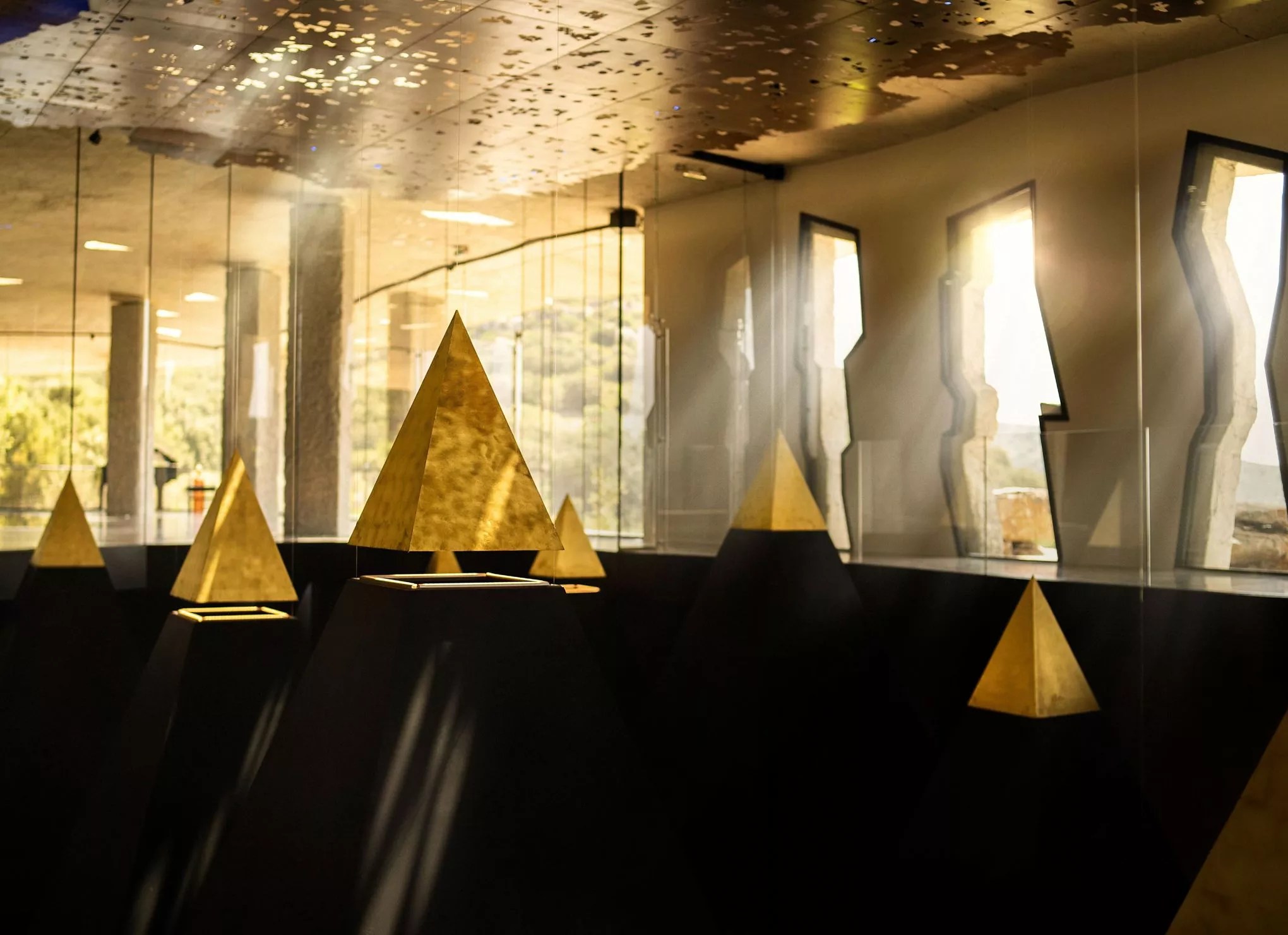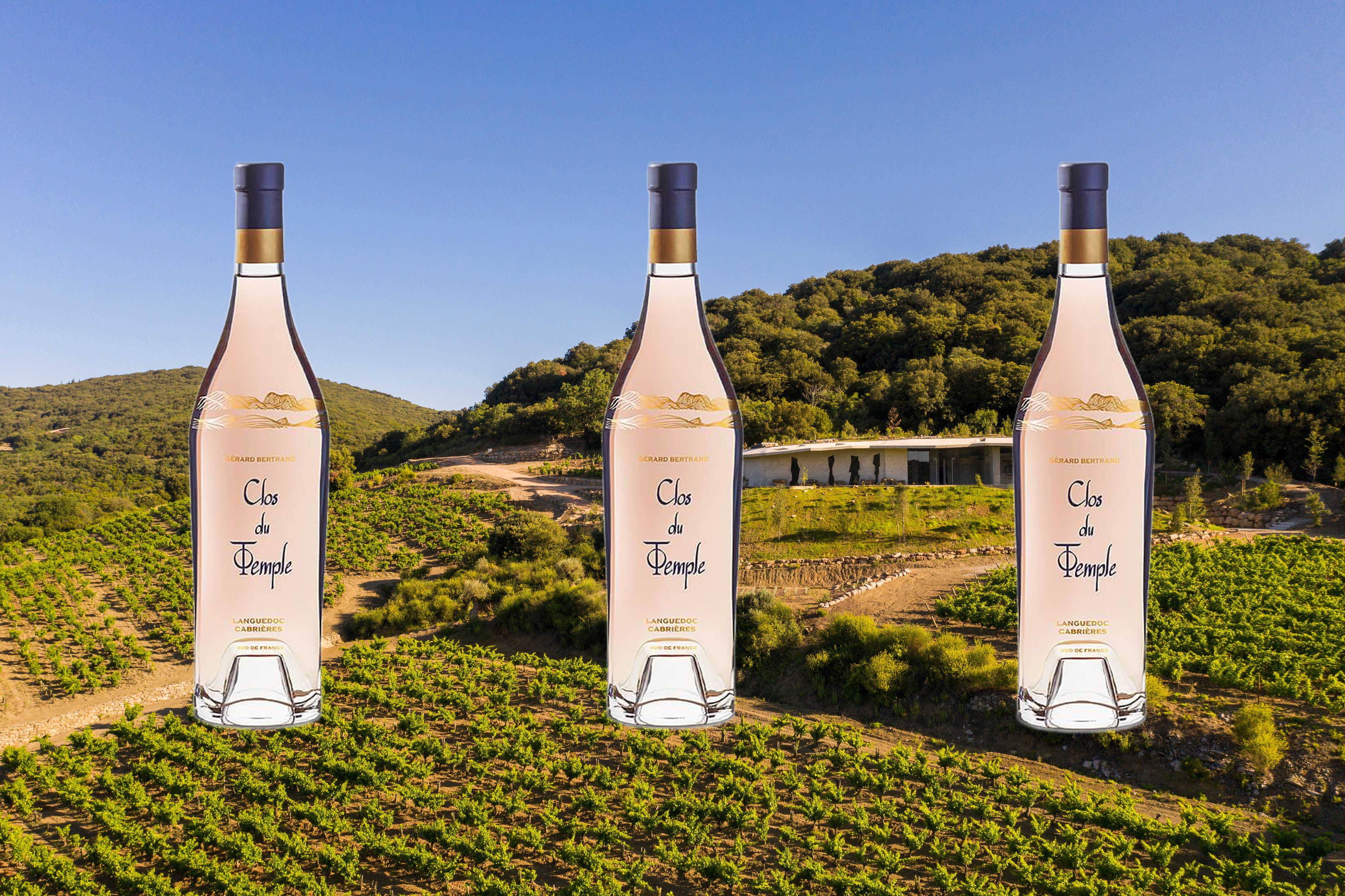
Rosé is often relegated to a single stereotype: simply cheap bottles of pink liquid meant to be sipped by a pool. So when you see the price tag of Clos du Temple ($170), one of France’s most expensive and most elegant rosés, you may be confused. Rosé isn’t often a serious wine — it’s for porches and parks and other high-heat, low-effort occasions.
Why is Clos du Temple so expensive? The wine is made on twelve of the best hectares in Haut Cabrières, a hot, dry outcrop in the South of France where beautiful wines are born. Rosé production here dates back hundreds of years, when French monarchs would ask for Cabrières roses by name.

Today, biodynamic winemaker Gerard Bertrand is reviving that heritage, highlighting Cinsault, Grenache, Syrah, Mourvedre, and Viognier grapes (note the hint of white wine — a nod to Rhone winemaking) in an elegant, intriguing rosé. It’s savory, aromatic and powerful, with rich notes of apricot, cherry, and raspberry and a nice tough of minerality driving through each sip.
The winery itself is spectacular — a glass-walled lair perched high atop a hill and sheltered by a roof with a living garden. Instead of standard fermentation tanks, the rose is aged in pyramid-shaped tanks with golden peaks.
Kate Dingwall is a WSET-trained sommelier and spirits writer. Her work has appeared in Wine Enthusiast, Eater, Forbes.com, and Food & Wine, and she pours wine at one of Canada’s top restaurants.

